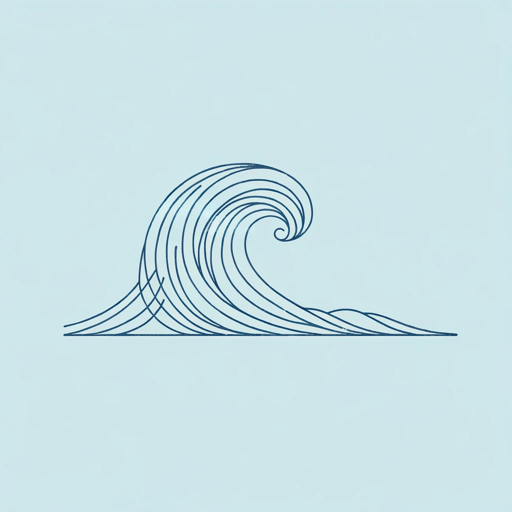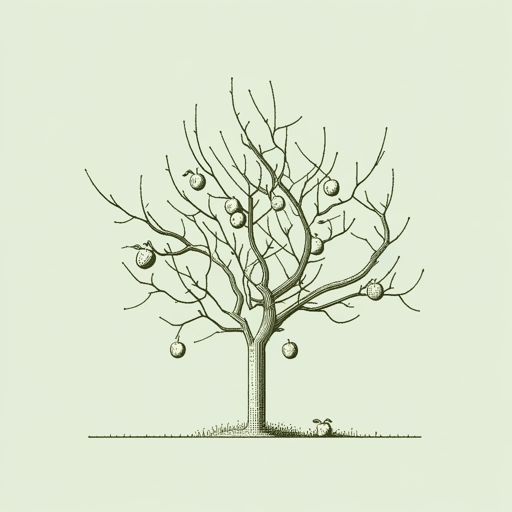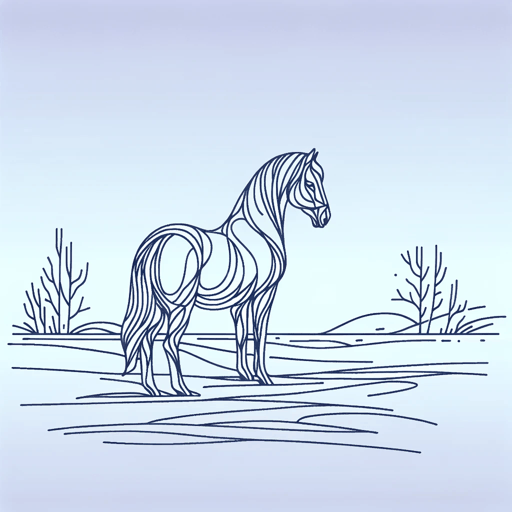19 pages • 38 minutes read
Robert FrostOnce by the Pacific
Fiction | Poem | Adult | Published in 1928A modern alternative to SparkNotes and CliffsNotes, SuperSummary offers high-quality Study Guides with detailed chapter summaries and analysis of major themes, characters, and more.
Summary and Study Guide
Overview
“Once by the Pacific” is a sonnet by Robert Frost, one of the most renowned and popular American poets of the twentieth century. Frost first published it in the American magazine The New Republic in December 1926 and reprinted it in his collection West-Running Brook in 1928. The poem records an incident from Frost’s early childhood. While walking with his parents on San Francisco’s Ocean Beach during a gathering storm, he found himself alone for a little while and felt frightened. The poem depicts the incoming waves as a malevolent force threatening to overwhelm the land and destroy of the entire world. This depiction of nature as hostile and threatening is darker than Frost's other poems about the natural world, but, as the title indicates, the poet here recalls a traumatic incident in the past (“once”) rather than espousing his general view of the world.
Frost's preference for traditional forms (in this case, the sonnet) over free verse is a hallmark of his poetic voice. Acknowledging free verse's immense popularity with his contemporaries, Frost famously said that he would “as soon write free verse as play tennis with the net down” (quoted in Hoffman, Tyler B. “Poetic Theories” in The Robert Frost Encyclopedia, edited by Nancy Lewis Tuten and John Zubizarreta. Westport, Conn., Greenwood, 2001, p. 280).
Poet Biography
Robert Frost was born on March 26, 1874, in San Francisco, California. He lived there until his father, who was a journalist, died of tuberculosis when Frost was eleven years old. Frost and his mother and sister then moved to Lawrence, Massachusetts. Frost attended Dartmouth College, then Harvard University, but graduated from neither; he left Harvard after two years. In 1895, Frost married Elinor White and in 1900, the couple and their two children moved to a farm in New Hampshire. They would eventually have six children. After an unsuccessful venture at farming, Frost took his family to England in 1912, where he published his first volume of poetry, A Boy’s Will, in 1913. His second book, North of Boston (1914), won praise from critics in England and the United States.
The Frost family returned to the United States after the outbreak of World War I in August 1914. They purchased a farm in Franconia in New Hampshire, and Frost pursued a career as a poet. He published one of his most famous poems, “The Road Not Taken,” in his 1916 collection Mountain Interval. In the 1920s, Frost published New Hampshire (1923), which won the Pulitzer Prize, and West-Running Brook (1928); the latter contained “Once by the Pacific.” Frost would subsequently win Pulitzer Prizes for Collected Poems (1931), A Further Range (1937), and A Witness Tree (1942). Many of his poems were set in New England, the region where he had settled and which he had come to love.
Over the years Frost taught at Dartmouth College, the University of Michigan, Middlebury College, and Amherst College. He taught at Amherst from 1916 until the death of his wife Elinor in 1938. Frost became a well-known figure in America, traveling around the country to give talks and readings. In 1960, the U.S. Congress awarded him the Congressional Gold Medal. The following year, Frost accepted an invitation to read a poem at the inauguration of President John F. Kennedy. Unfortunately, due to failing eyesight and the difficulty of reading in the glare of the sun, Frost was unable to read the poem he had written for the occasion, “Dedication,” and instead recited “The Gift Outright,” which he knew by heart.
Frost’s last book of poetry was In the Clearing, published in 1962. On January 29, 1963, Frost died at the age of eighty-eight from complications following surgery for prostate cancer.
Poem Text
The shattered water made a misty din.
Great waves looked over others coming in,
And thought of doing something to the shore
That water never did to land before.
The clouds were low and hairy in the skies,
Like locks blown forward in the gleam of eyes.
You could not tell, and yet it looked as if
The shore was lucky in being backed by cliff,
The cliff in being backed by continent;
It looked as if a night of dark intent
Was coming, and not only a night, an age.
Someone had better be prepared for rage.
There would be more than ocean-water broken
Before God’s last Put out the Light was spoken.
Frost, Robert. “Once by the Pacific.” 1928. Americanpoems.com.
Summary
The speaker is on a beach somewhere on the West Coast, looking out on the Pacific Ocean as a storm gathers at dusk. Huge waves roar onto the misty shore, each one bigger than the last (Lines 1-2). The waves seem aggressive to the speaker, as if they intend to inflict some unprecedented violence on the shore (Lines 3-4). The clouds hang low in the sky and carry the threat of punishment (Lines 5-6). In the speaker's eyes, this oceanic attack is so violent that the shore is lucky to have a cliff behind it, a bulwark of support (Lines 7-8). The cliff itself needs reinforcements: An entire continent backs it up against the incoming water (Lines 8-9). A difficult night is surely in store, but the speaker envisions a much longer period of trouble, an entire age (Lines 10-11). He hopes that “someone” is ready for the coming destruction, suggesting that he does not know who is likely to be affected or who will be able to respond. There will be much more turmoil and strife before the ordeal ends—and it will end only when God speaks his final command to extinguish the light (Line 14). This may suggest not only that God is responsible for the imminent destruction, but that this assault will continue until it destroys all life on earth.








Related Titles
By Robert Frost
















